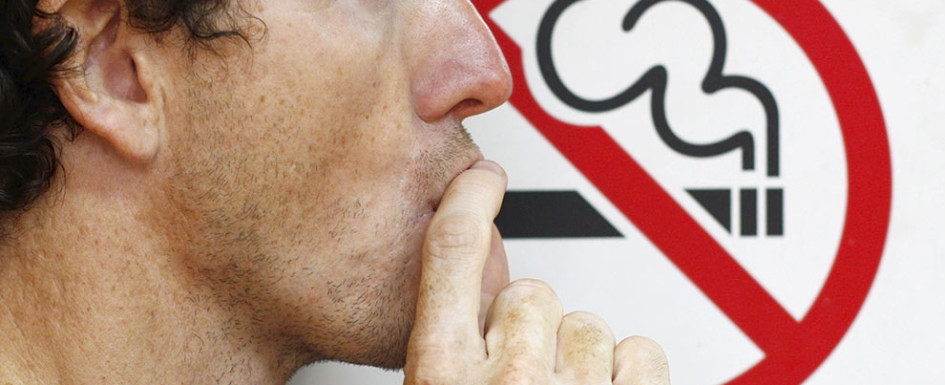We have no idea how we haven’t written about this issue before but in terms of frequently asked questions in strata this is one of the biggies.
If you were a smoker you couldn’t help but feel a little threatened (and perhaps rather heavily taxed) given the range of legislated rules around smoking. Smoking has now been banned in aged care facilities and one of the recent state government discussion papers on strata title laws specifically asked for comment about smoking in strata title schemes.
And before anyone asks, no, we haven’t seen draft legislation or feedback from the government in relation to any of the last four discussion papers. We hope no-one is holding their breath waiting for legislative reform.
If you want to know the rules about smoking in (Queensland), strata read on.
Section 167 of the Body Corporate and Community Management Act 1997 (Qld) (BCCMA) provides:
“The occupier of a lot included in a community titles scheme must not use, or permit the use of, the lot or the common property in a way that—
(a) causes a nuisance or hazard; or
(b) interferes unreasonably with the use or enjoyment of another lot included in the scheme; or
(c) interferes unreasonably with the use or enjoyment of the common property by a person who is lawfully on the common property.”
This provision sets the standard which was considered in some detail in Norbury v Hogan[2010] QCATA 27.
This case considered the situation where one lot occupier was smoking in their lot and the smoke generated then travelled into other lots.
This decision has been subsequently followed in many adjudicators’ orders and is the (Winfield) gold standard on this issue, having been applied in a large number of adjudications. The President provided from paragraph 26 (our emphasis):
“Although it is unsurprising that the adjudicator found that the cigarette smoke emanating from Lot 2 is subjectively interfering with Mr Hogan’s use and enjoyment of his Lot, the correct test for determining what is unreasonable is an objective one..
…
Once that is acknowledged, a finding that s 167 is offended could only be made, in the circumstances arising here, if it was established that the cigarette smoke emanating from Lot 2 is of such volume or frequency that it would interfere unreasonably with the life of another lot owner of ordinary sensitivity.
…
For the reasons already explored, the test under s 167 is objective and is to be measured against the needs and circumstances of a neighbour of ordinary sensitivity; it is not subjective, reflecting Mr Hogan’s particular circumstance of sensitivity. That was, also, the test correctly applied in the earlier decisions to which the learned adjudicator referred.”
Accordingly, what needs to be shown is that ‘the interference from the noise transference is, objectively, one that would interfere unreasonably with the life of another lot owner of ordinary sensitivity.’
Demonstrating the nuisance or unreasonable interference must be done objectively in order to substantiate a contravention of section 167 of the BCCMA. What is not relevant is any subjective interference, but whether, objectively, the person causes a nuisance or hazard.
What about no-smoking by-laws?
We have previously written articles around the prohibition on oppressive or unreasonable by-laws, the most common invalid by-laws and the difference between prohibitory and regulatory by-laws.
It is important to remember that by-laws cannot regulate the use of scheme land further than what the BCCMA does. Adjudicators have previously held that a by-law could only regulate smoking on common property such that it is not inconsistent with the standard in the BCCMA.
Accordingly, smoking on common property could only be restricted if it unreasonably interfered with the enjoyment of another lot or the common property.
However, the position is different when there are substantially enclosed areas of the common property. Smoking on those areas of the common property would be unlawful under section 26R of the Tobacco and Other Smoking Products Act 1998 (Qld).
What is reasonable?
The central tenet of body corporate law is reasonableness. Bodies corporate must act reasonably. By-laws cannot be unreasonable, and owners and occupiers cannot interfere unreasonably with other owners and occupiers.
The bottom line is that a Body Corporate cannot simply ban smoking in a scheme altogether; similarly, owners and occupiers may not just smoke wherever they please. It requires the finding of a middle ground which, unfortunately, sometimes requires an adjudicator to determine.
Community living means compromise.
If anyone needs help, let us know.
